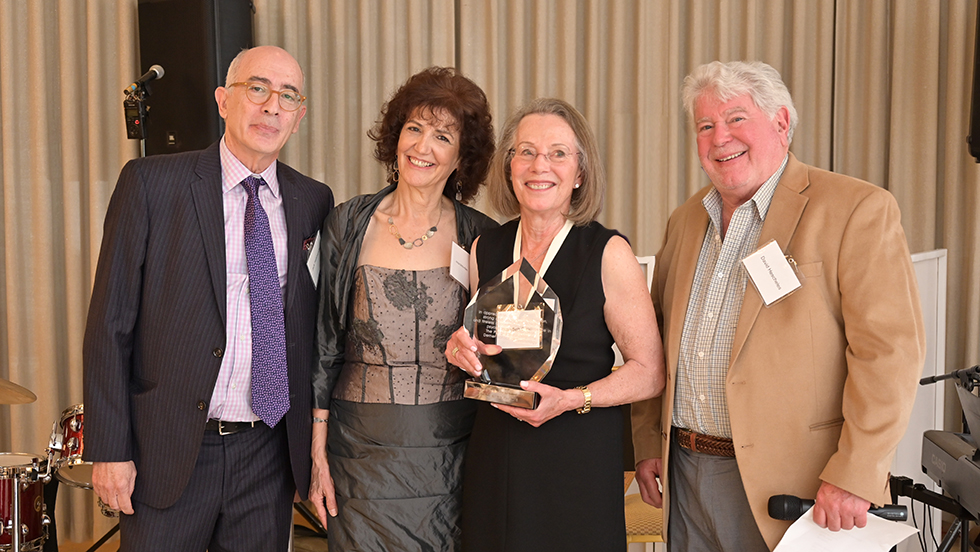
At the Adelphi University Gordon F. Derner School of Psychology, the postgraduate programs in psychoanalysis and psychotherapy have made history by surviving—and thriving—for 60 years. Learn how the programs have evolved through the decades of psychoanalytic thought, from Sigmund Freud to today’s new approaches.
In the world of psychoanalysis and psychotherapy, it’s not enough to be a trailblazer. You also have to evolve.
According to Amira Simha-Alpern, PhD, program director of Adelphi’s postgraduate psychology programs since 2018 and an alum of the programs, that willingness to evolve has ensured the survival of Adelphi’s program for 60 years.
Today, the postgraduate programs train professionals to become psychoanalysts and psychoanalytically oriented psychotherapists. The programs are part of Adelphi’s Gordon F. Derner School of Psychology, which was founded as the nation’s first university-based professional school of psychology and currently includes undergraduate and graduate programs in foundational and professional psychology. The Derner School, which was recently ranked fourth worldwide for psychology-psychoanalysis by the Center for World University Rankings, has played a leading role in bringing about changes to the practice and scope of psychotherapy.
“Our programs are incredibly unique because [they provide] both academic theorization and clinical application,” Dr. Simha-Alpern said. ”We also continue to offer different modalities to keep up with the times and the needs of our students.”
To honor the long history of the programs at Adelphi, Dr. Simha-Alpern hosted a 60th anniversary event where current and former faculty—along with dignitaries from the American Society of Psychoanalytic Physicians—came together to celebrate this extraordinary community.
Building on the Freudian legacy
When Adelphi’s postgraduate program in psychoanalysis and psychotherapy was launched in 1963, the field of psychoanalysis looked much different than it does today. Physicians, for instance, were the only professionals allowed to independently practice it. Analysts adhered to Freudian principles.
The postgraduate program has grown continuously since then. What started as one program—adult psychoanalysis and psychotherapy—has grown to nine, including studies in child and adolescent psychotherapy, couples therapy, group psychotherapy, and trauma treatment.
The program includes, but goes beyond, the teachings of the founder of psychoanalysis, Sigmund Freud. Students are now exposed to a diverse range of theories, including attachment theory and interpersonal relationship theory.
“The goal of psychoanalytic psychotherapy is to access the unconscious in order to create change, but the ways in which we do that have evolved,” said Dr. Simha-Alpern. “There are multiple perspectives, and they’re influenced by culture, research and social changes.”
Students also have opportunities to apply these theories at the school’s clinic, where patients can receive treatment on a sliding payment scale.
“Instead of waiting to engage with the material in the third or fourth year of the program, students can now handle current issues and actual cases,” said associate professor and chair Ionas Sapountzis, PhD, a graduate of the child and adolescent and adult psychoanalytic programs. “This focus on applied learning is even more recognized now than it was 20 or 30 years ago.”
Adding certificate programs and workshops
The program modernized in another important way, offering workshops and certificates as alternatives or supplements to the traditional four-year degree track. For instance, the school has hosted workshops on critical current topics like racial trauma, school shootings and gender identity.
“The old models of teaching can be demanding and time consuming,” said Dr. Simha-Alpern. “So we found a way to adapt and offer short workshops—because we have the expertise.”
A lifelong community of support
The Derner postgraduate program has endured in part because it fosters a lifelong community of peers who support each other throughout their careers.
“Our work can be very isolating,” Dr. Simha-Alpern said. “To have a community of colleagues you can check back with to discuss your work helps bolster your skills and confidence.”
That’s why the school established the Adelphi Society for Psychoanalysis and Psychotherapy (ASPP)—a volunteer organization for graduates, candidates and faculty—more than 40 years ago.
“When I decided to attend the postgraduate school I had no idea how much the program would change my life,” said current ASPP president and Licensed Clinical Social Worker Megan Nolan. “I was welcomed into a community of amazing people who are experts in the field, and many of the candidates became and are my very close friends. I will forever be thankful for the people in this community.”
Committed to flexibility and change
It’s difficult to say what the next 60 years of the program will look like, because culture and society will continue to change. But Dr. Simha-Alpern is certain that Derner can adapt.
“Many institutes opened and shut over the years,” Dr. Simha-Alpern said. “We survived because the University was behind us. Adelphi helped support us and get us to a point where we could be self-sustaining. For that, I am very thankful.
“The most important thing for us is to stay flexible, to see what the needs are and evolve.”
60 Years of Postgraduate Psychology at Adelphi
Celebrating as a community, current and former faculty honor their storied history in the study of psychoanalytic psychotherapy at the Derner School of Psychology. Launch Gallery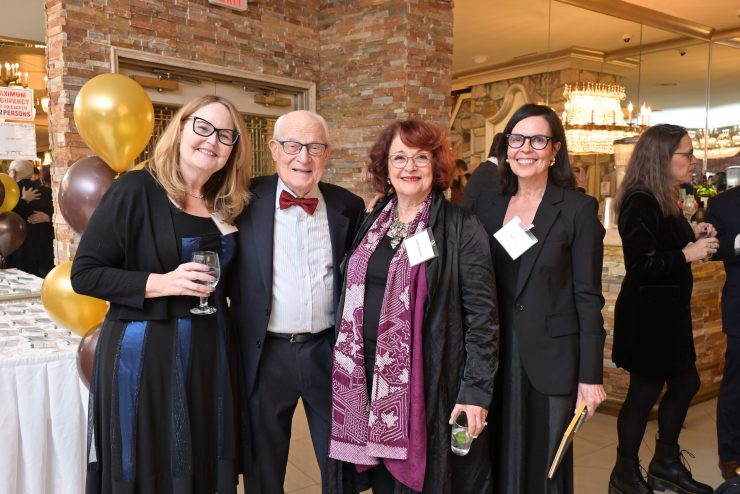
60 Years of Postgraduate Psychology at Adelphi
Celebrating as a community, current and former faculty honor their storied history in the study of psychoanalytic psychotherapy at the Derner School of Psychology. 5 Photos-
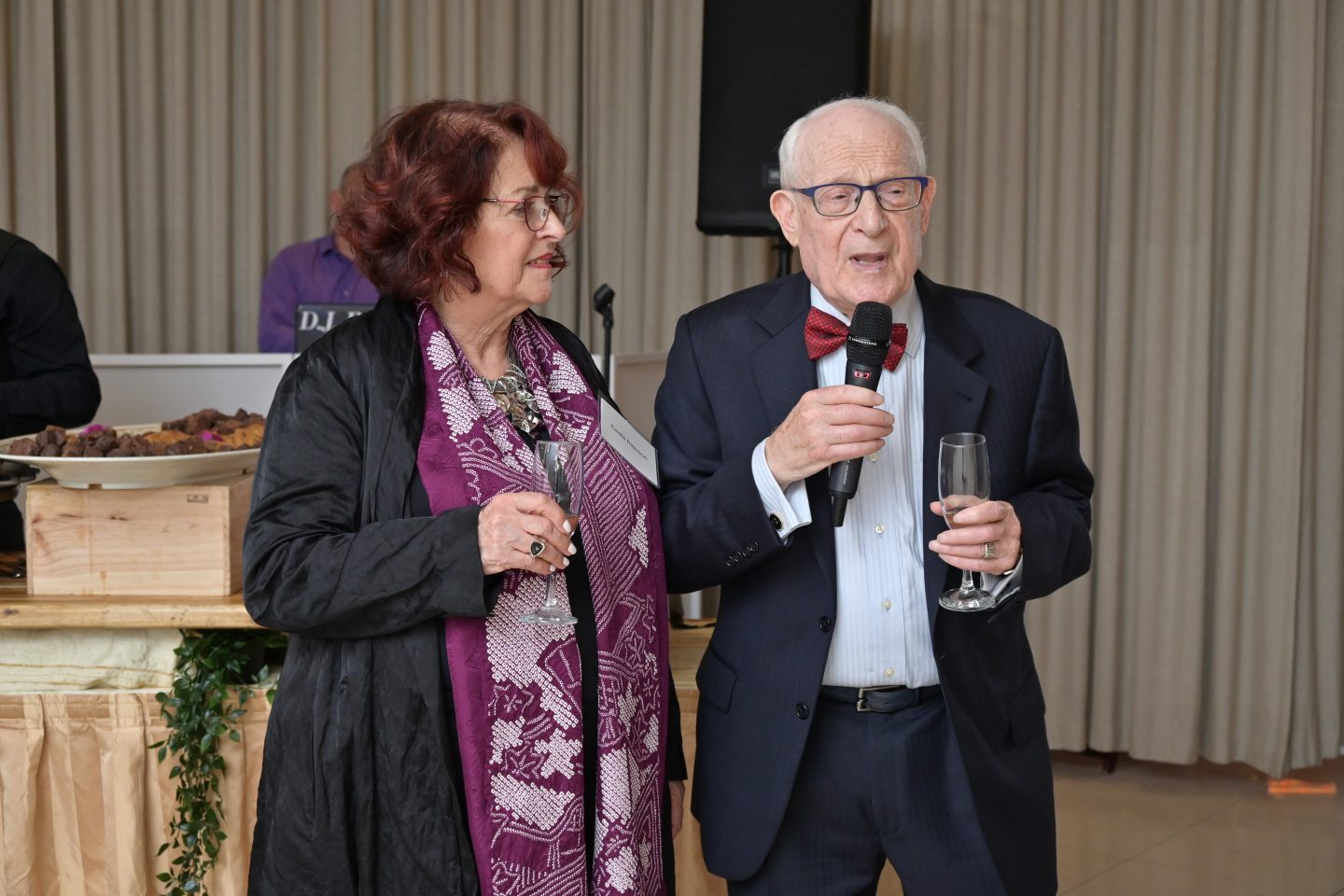
(Left to right: Dr. Estelle Rapoport Former Postgraduate Psychotherapy Center Director & current faculty; Dr. Steve Hyman Director of Psychodynamic School Psychology Program raising a toast to the programs
-
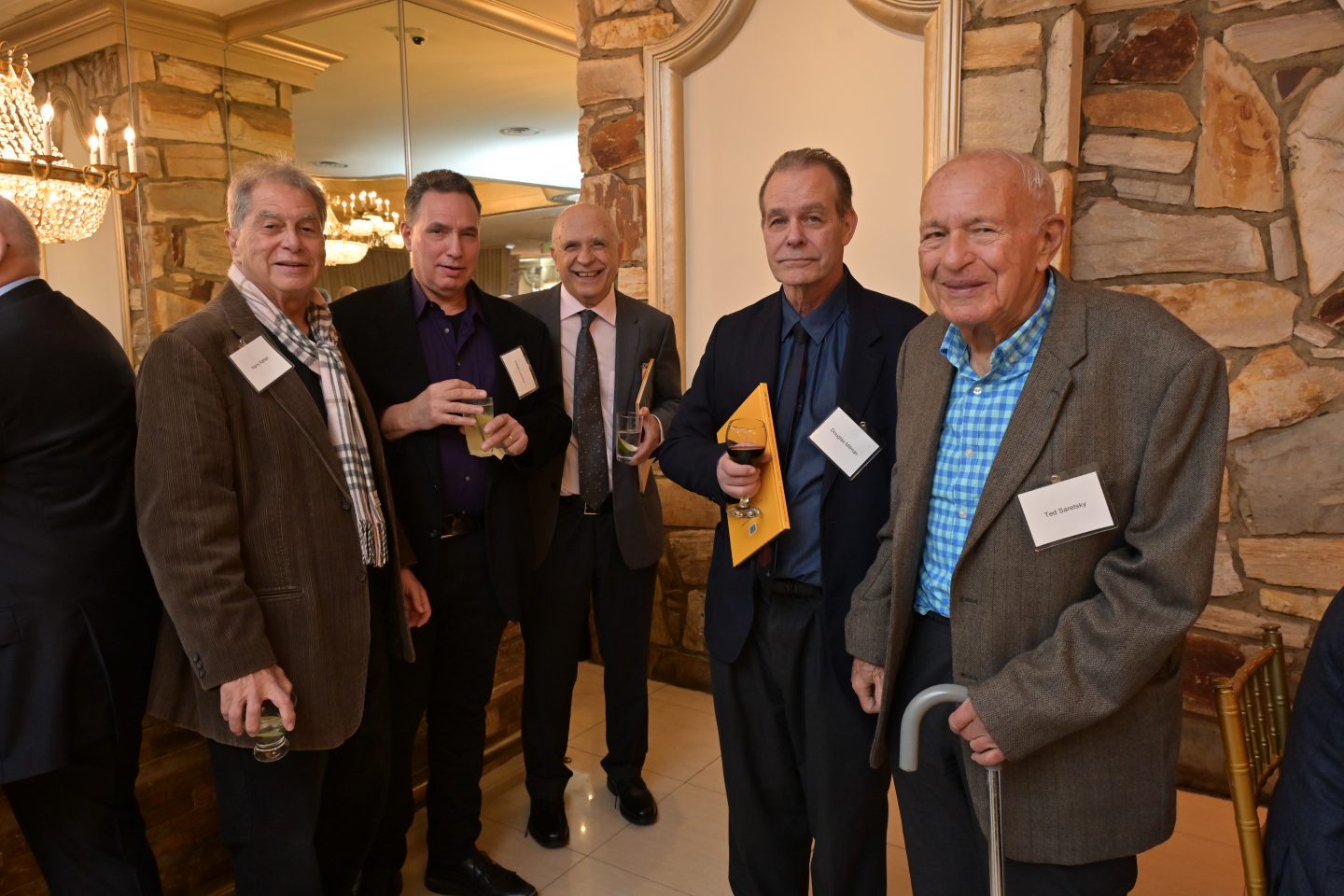
Left to right: Dr, Harry Kahn (graduate of the psychoanalytic and the group program and Faculty); guest, Dr. Jame Zaikowski (Faculty); Dr Doug Milman (Faculty); Dr.. Ted Saretsky (former faculty and the oldest living graduate of the psychoanalytic program, [1968]),
-
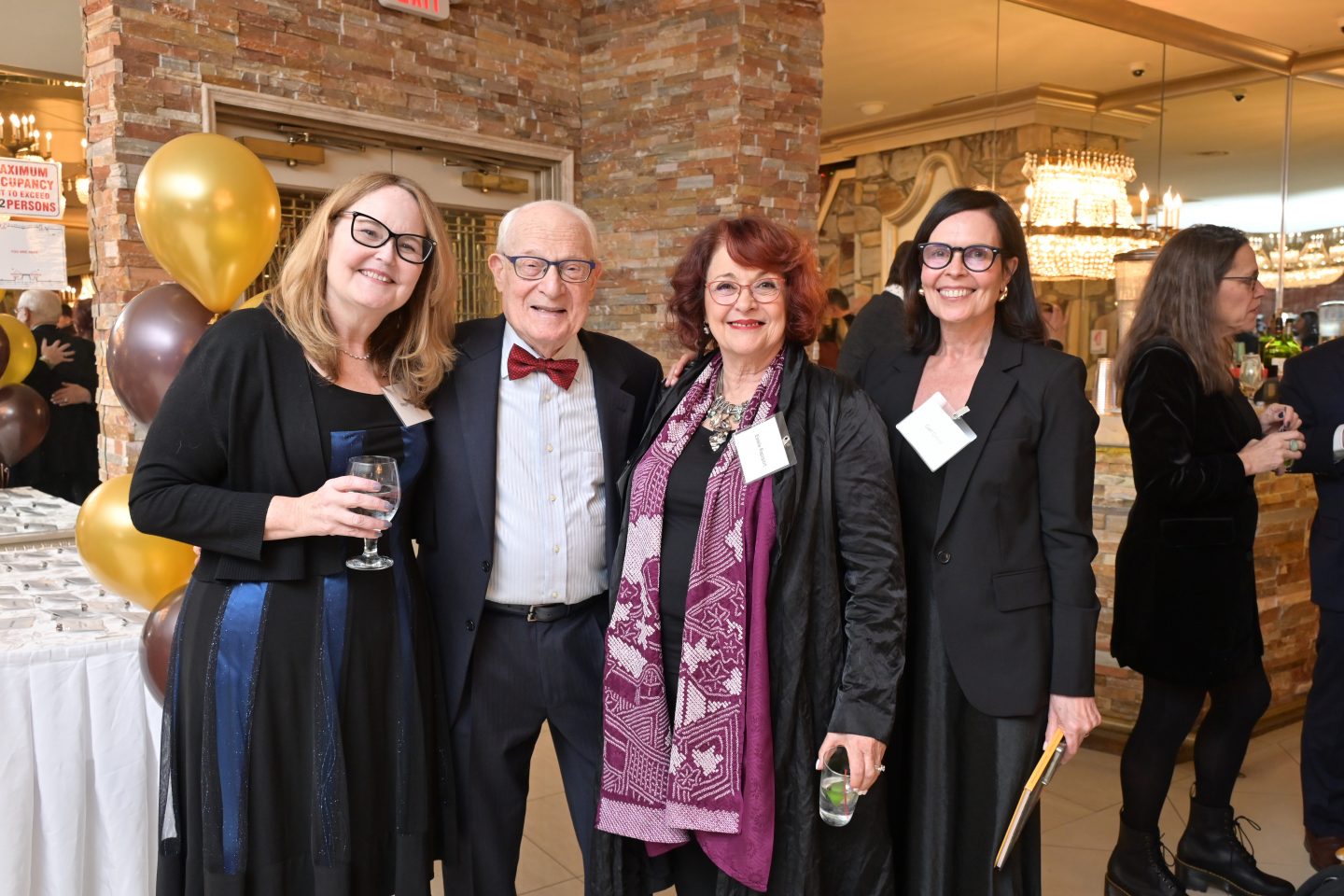
Megan Nolan, LCSW (President of ASPP); Dr. Steve Hyman (Director of Psychodynamic School Psychology Program & faculty); Dr. Estelle Rapoport (Former Postgraduate Psychotherapy Center Director & faculty); Gail Grace LCSW; (faculty).
-
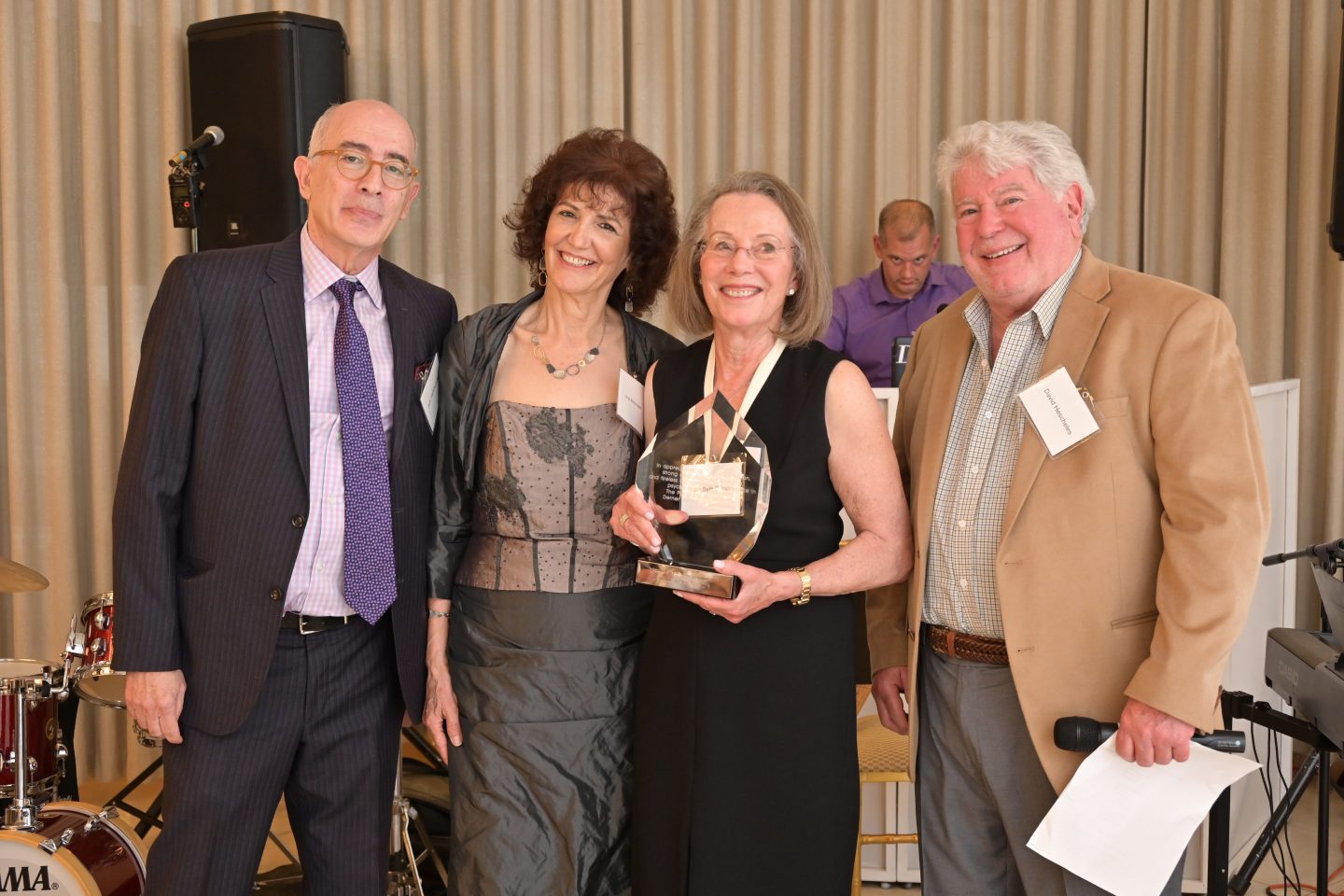
Left to right: Dr, Jack Heskovitxvots (Former Postgraduate Psychotherapy Center Director); Dr. Amira Simha-Alpern (Director of Postgraduate Programs); Dr. Mary Beth Cresci (Director of Postgraduate Programs and honoree of the 60th anniversary Gala); Dr. David Hescheles ( graduate of the psychoanalytic and group programs)
-
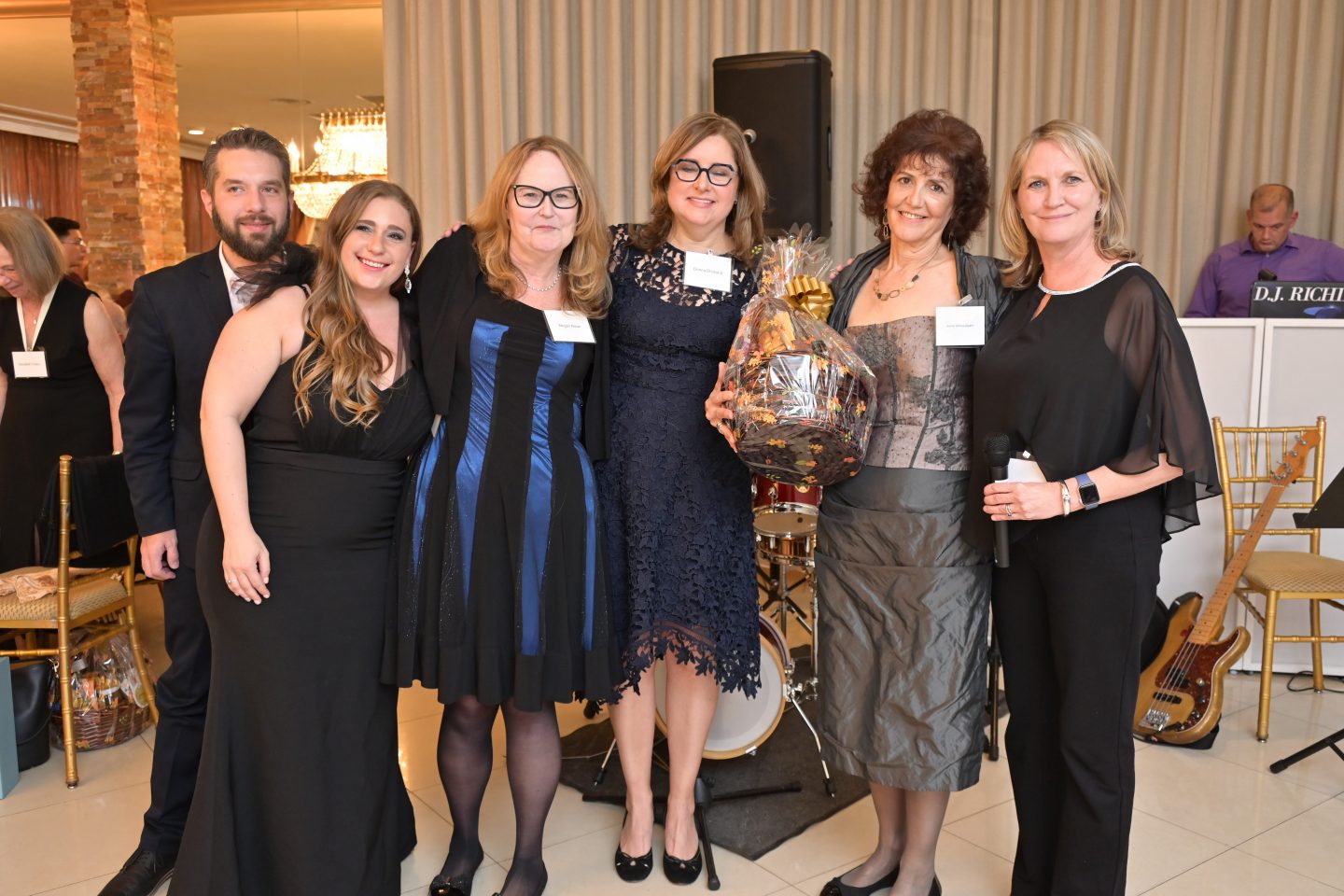
ASPP officers Dr. Dustin Kahoud; Danielle Eisenberg; Megan Nolan (ASPP president); Donna Dholakia, Amira Simha-Alpern (Programs Director), Elizabeth Sullivan.